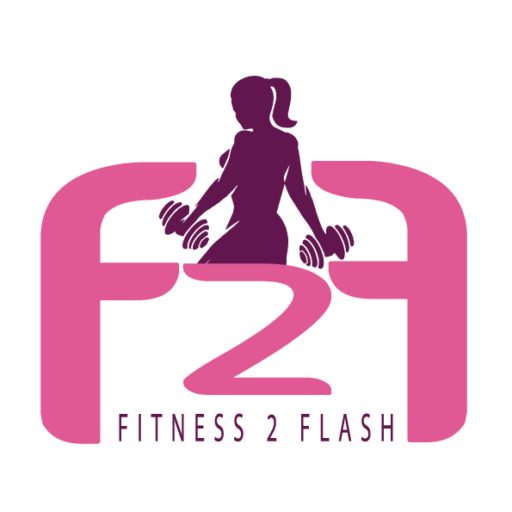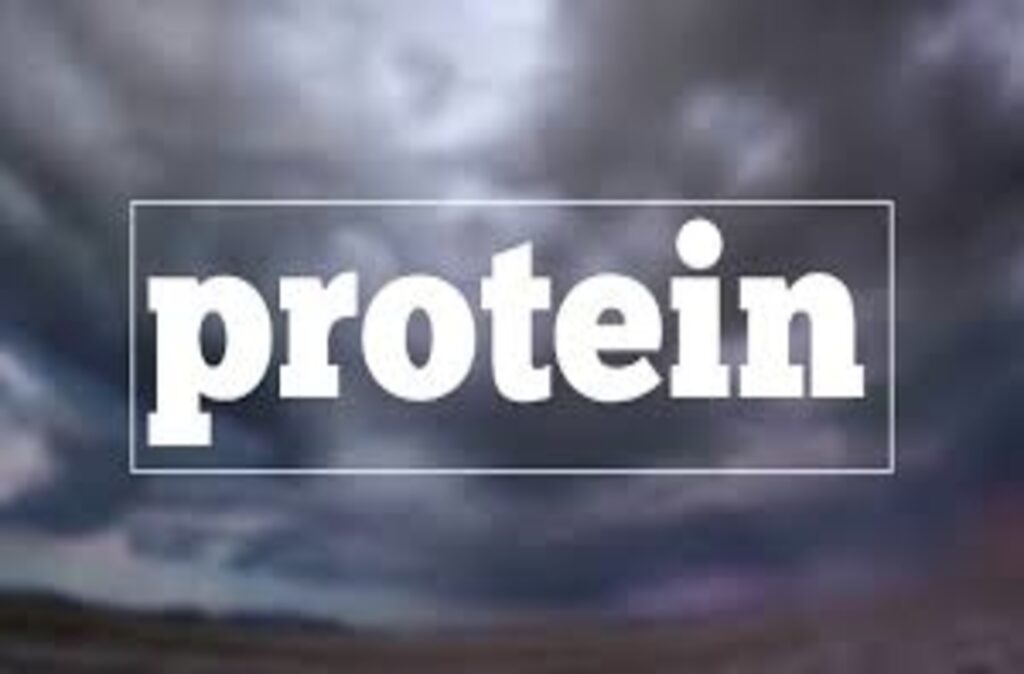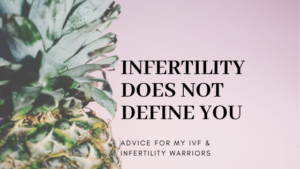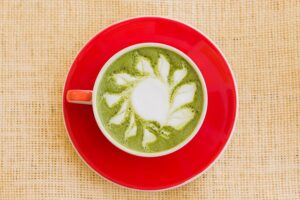Whether you have been working out for a while now or you are new to the fitness world, you definitely need to bear in mind that protein intake is essential to get the most out of your workout. Here are some things that would interest you about protein further.
Protein is a dietary component, one of the three macro nutrients your body needs to function (the other two are carbohydrates and fats, as you know). It plays a crucial role in almost all biological processes and amino acids are the building blocks of it.
There are 20 amino acids in the body, divided into two main categories:
- 9 Essential amino acids – the body can’t manufacture these, so we must consume these in our diets.
- 11 Non-essential amino acids – those that the body can make for itself.
Now, the obvious question which follows, “Which food will give us essential amino acids? Are all protein packed food of the same value?”
Well, the food that we get protein from can be divided into complete and incomplete sources.
- Complete – Contains all essential amino acids in sufficient quantity, normally animal-based, but a few plant sources too. Eg: meat, fish, eggs, quinoa, buckwheat and chia seed.
- Incomplete – Does not contain all 9 vital amino acids and must be supplemented with other proteins. Eg: nuts & seeds, lentils(dal), peas, chickpeas, beans, grains and vegetables.
If you are a vegetarian, you are probably now confused on how you should go about it. Don’t stress too much though, because by combining these, you land up getting all 9 amino acids plus fantastic meal combinations (e.g. lentils with brown rice, whole wheat bread and peanut butter, roasted nuts, seeds, and peanuts).
Check out our meal plans (we have them for 7 days and 14 days) for more ideas, which are designed around this.
Benefits of a Protein Rich Diet
Consuming high-protein foods has many benefits, including:
- Recovery after exercise
- Building lean muscle
- Helping you maintain a healthy weight by keeping you satiated longer. (Notice how you feel when you have a protein rich meal? Now imagine if you did that at each meal)
How much protein do you need?
If you exercise regularly, you need 3/4th to 1g protein of your body weight (in pounds).
Eg: if you weigh 150lbs, consume 112-150g protein a day.(depending on your activity.)
When you eat protein is just as important as how much. Ensure that you mandatorily take in protein after your workout.
The point to remember here is that you cannot eat 112g of protein in one meal and be done for the day. The body needs its protein stores to be continually replenished, which means that you should consume moderate amounts of protein at regular intervals, to get the best out of it.




